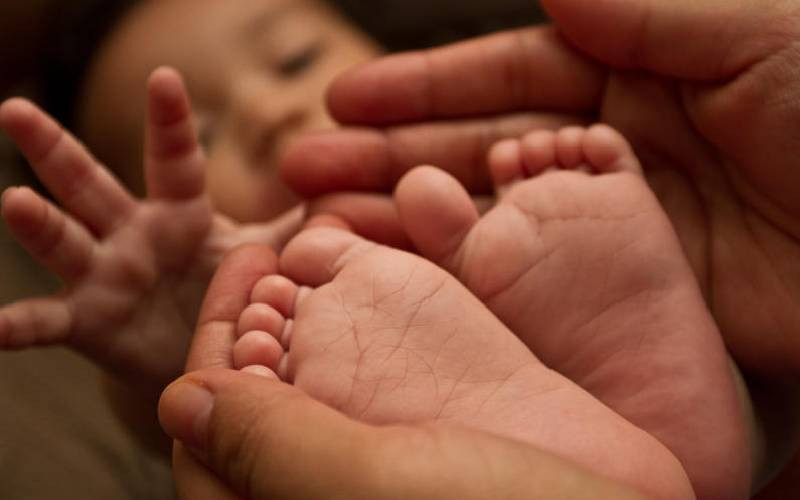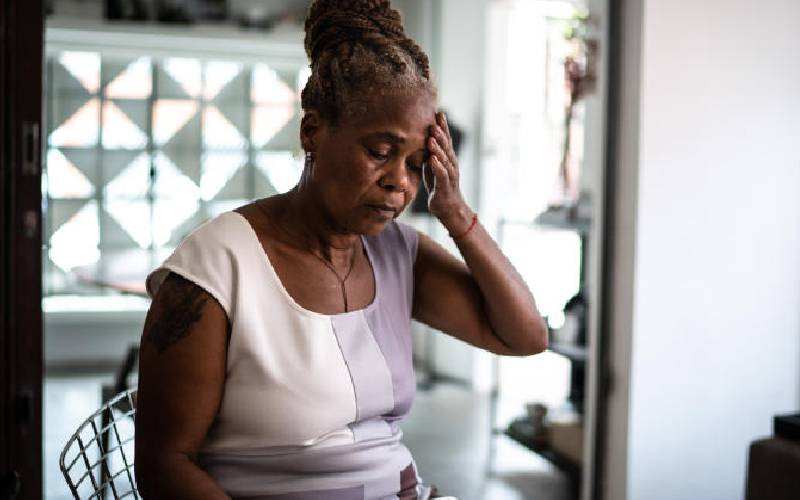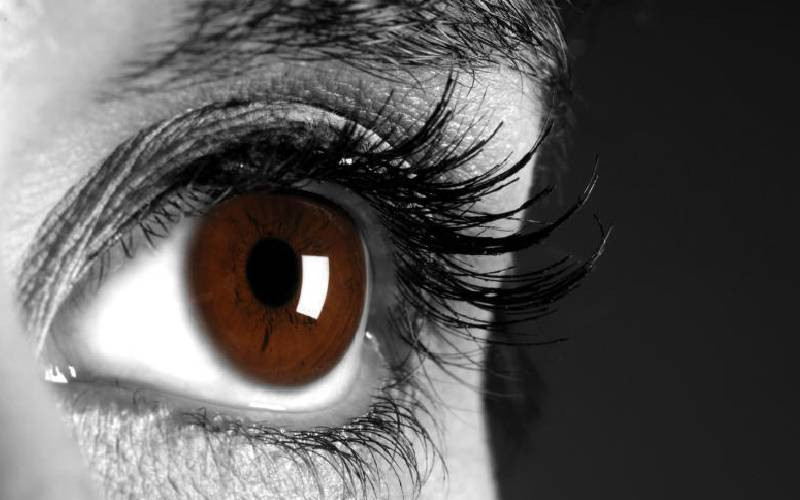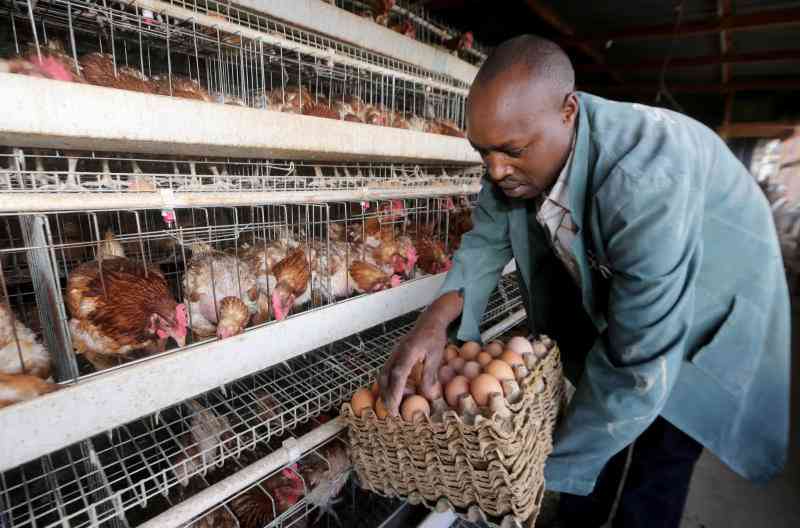By SHAMLAL PURI
Recuperating in the ward of a well-known London hospital, an elderly Kenyan heart patient was pleasantly surprised to be greeted in Kiswahili by a young nurse on her rounds.
Nairobi-born Ruth Mwaura is one of the thousands of Kenyans in Britain’s National Health Service (NHS). These nurses, doctors and other medical staff are the unsung heroes and heroines of the United Kingdom’s state-run multi-billion-pound health sector.
There is a history of Kenyans working in the NHS. A recent Runnymede Trust report, nurturing the Nation, about the international contribution to the NHS since 1948, notes that the 1968 exodus of thousands of non-citizens who arrived in Britain from Kenya contributed to the growth of the NHS.
Added to this were the new arrivals from Uganda, who were expelled by Idi Amin in 1972, and those who fled Tanzania after Mwalimu Julius Nyerere’s controversial 1967 Arusha Declaration and mass nationalisations.
CONSULTANT
Prominent Kenya-born doctors and nurses who have made their mark in the NHS include Dr Vinod Devalia, a consultant haematologist in Wales, who has worked with double Nobel prize winner Fred Sanger.
There is also Dr Rashmikant Shah, a dentist; Dr Kiran Patel, the son of Kenyan-born Asian, who is a consultant cardiologist and associate medical director at Heart of England NHS Trust; and former Nairobi-resident Dr Muhammad Yunus Khan, a Consultant at the Royal London Hospital in East London.
Other people who have made a name here include Kenya-born Kuldip Kaur Bharj, a career nurse, who now teaches midwifery at the University of Leeds.
The NHS has 660,000 nurses, 90,000 of whom are from abroad. There are 15,000 Kenyan nurses and allied medical staff working in the NHS. Together with local staff and thousands of other foreign medicos, they work hard to keep the world’s most envied health system ticking.
A lot of newly arrived nurses find the UK feel lonely and the country too individualistic — different from the social life they enjoyed among friends and extended family circles. It is not easy to make friends in the wider society, except within the Kenyan diaspora, but over the years, they overcome these hurdles and settle down, immersed in their work and the small social circles they build.
Thomas Otwum left his job at the Kenyatta National Hospital in 2003 and joined the NHS. Now based at the University Hospital of Wales in Cardiff, he says he enjoys his job.
“I had mixed feelings about leaving my home in Nairobi,” he says, “but better pay and career development drew me to the United Kingdom.”
Many foreign nurses and doctors working in the NHS face an intense and competitive environment compared to the practices in their own countries.
Nairobi-born nurse Indra Raniga of Leicester in the East Midlands has found working at the NHS an interesting and rewarding experience.
Stay informed. Subscribe to our newsletter
“I have gained a lot of experience and skills,” says Indra, who qualified as Registered General Nurse from the Kenyatta Hospital before migrating to the UK in 1975.
Kenyan and other African nurses and doctors share their skills with other NHS staff, especially on subjects such as female genital mutilation, and share their knowledge of the culture of the diaspora settled here.
“Nurses and doctors had to work very hard within the NHS to achieve promotions to senior posts,” says Indra. “Nurses in Kenya who wish to work for NHS must have all the qualifications required and experience before coming here as this eases their entry into a good job.”
Though most colleagues get along well in Britain’s hospitals, there have been claims of subtle discrimination.
While many Kenyan medics may opt to settle in the UK, Otwum says that once he has achieved his goal of personal career development and sharpening his training in new technology, he may plan to return to Kenya.
He feels there are imbalances in his profession in Britain and back home, ironically, in a reverse way, and advises aspiring nurses to re-think their plans of moving to the UK.
“I know of nurses earning more than me in Kenya, including some who qualified after me,” he says. “Though I love my experience abroad, life can be harder here than expected. The UK is struggling now, so people should assume the deal is better elsewhere.”
Despite its positive international image and quality of medical care, there is a deepening crisis in the NHS, which critics say is under-funded by billions of pounds.
Demand, however, still remains for more foreign nurses. There is a shortage of trained English staff as many have either relocated to the Americas and Australia or retired.
Peter Carter, general secretary of the Royal College of Nursing, says “Patient safety must remain the top priority and staff must have the skills for the job.”
 The Standard Group Plc is a
multi-media organization with investments in media platforms spanning newspaper
print operations, television, radio broadcasting, digital and online services. The
Standard Group is recognized as a leading multi-media house in Kenya with a key
influence in matters of national and international interest.
The Standard Group Plc is a
multi-media organization with investments in media platforms spanning newspaper
print operations, television, radio broadcasting, digital and online services. The
Standard Group is recognized as a leading multi-media house in Kenya with a key
influence in matters of national and international interest.
 The Standard Group Plc is a
multi-media organization with investments in media platforms spanning newspaper
print operations, television, radio broadcasting, digital and online services. The
Standard Group is recognized as a leading multi-media house in Kenya with a key
influence in matters of national and international interest.
The Standard Group Plc is a
multi-media organization with investments in media platforms spanning newspaper
print operations, television, radio broadcasting, digital and online services. The
Standard Group is recognized as a leading multi-media house in Kenya with a key
influence in matters of national and international interest.









